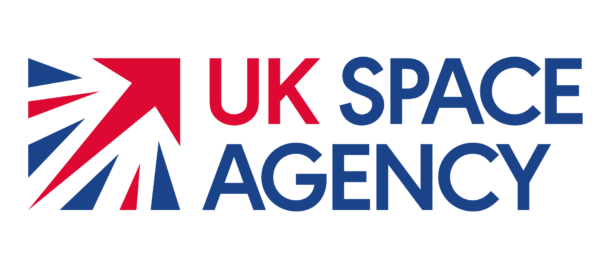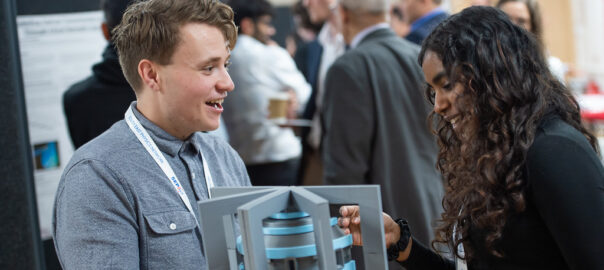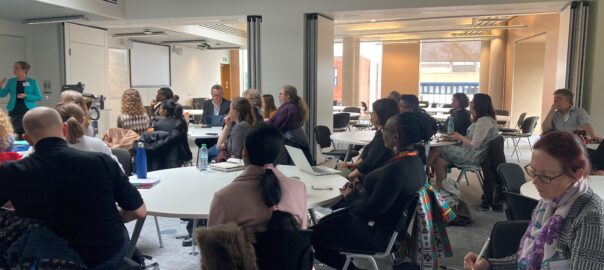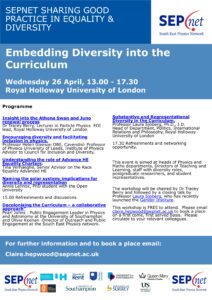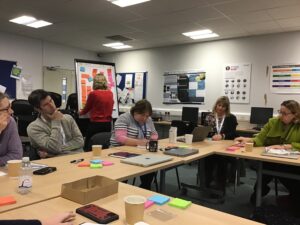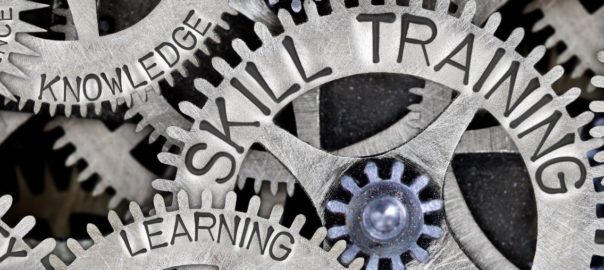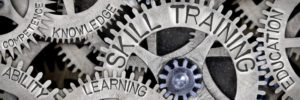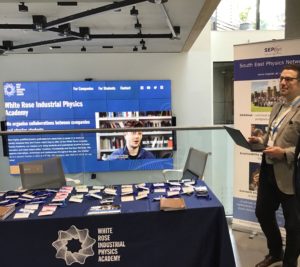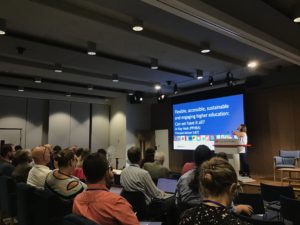Listen to Peter Trussell and Emma Holling discuss how the Space Sector is an exciting career for Physicists. Find out more about the Space In INdustry placement scheme and the types of skills you would need. Click here to watch the video.
All posts by SEPnet Master
SEPnet Summer Placements 2024 – Do you have a project/work experience for a physics or maths undergraduate or PhD student?
SEPnet organises over 80 summer placements a year for all 2nd and 3rd year physics and maths undergraduate and PhD students at the above universities and is seeking 8-week plus projects in industry or research in areas such as data analysis, mathematical modelling, programming, product design and testing or science communication.
Who can apply?
The scheme is aimed at any organisations interested in recruiting physics or maths graduates, or who can offer valuable business experience, including large companies, SMEs, start-ups, research institutions, charities and NGOs.
Benefits to employers
• Early access to bright, numerate students with excellent problem-solving and IT skills
• Enables you to carry out projects you would not normally have time for
• Provides a fresh perspective on your business challenges
• All advertising, admini stration and placement support is handled by the SEPnet team
• Match-funding available for SMEs!
What employers have said:
‘Very satisfied with the whole process, organised and straightforward, with good students.’
‘We took SEPnet students for the second year running and have been very impressed with the calibre, their capabilities and the general high standard. For your records we have just made a permanent job offer to one of the students…’.
Register your placement project, or projects, online here: https://www.smartsurvey.co.uk/s/EmployerRegistration2024/ by Friday 11 February. Email summerplacements@sepnet.ac.uk for further information.
SEPnet/ WRIPA Joint workshop
Creating an inclusive physics curriculum – Thursday 6 July 2023 University of Nottingham

SEPnet and WRIPA hosted a successful meeting to explore how university physics departments can embed EDI across the curriculum and departmental culture to support an inclusive student learning experience and equitable graduate outcomes. Prof Helen Gleeson OBE, opened the workshop outlining personal professional initiatives and the IOP’s projects. Professor Philip Moriarty closed the workshop with a dynamic thought proving update on the benefits and challenges of ChatGPT. The event was attended by over 55 representatives from over 30 UK institutions.
For more information about the talks follow this link.
Recordings to the talks can be found below
Programme
Encouraging diversity and facilitating inclusion in physics – a personal and professional perspective, Prof Helen Gleeson OBE, Cavendish Professor of Physics in the School of Physics and Astronomy at the University of Leeds
How to aim towards an inclusive curriculum, Piers Wilkinson, Policy and Campaigns Lead, Inclusive Education Team, Diversity and Ability
SEPNet neurodiverse summer placement programme – lessons learnt and impact, Claire Hepwood, Director of Employer Liaison South East Physics Network
How scared should we be about ChatGPT, Prof Philip Moriarty, School of Physics and Astronomy, University of Nottingham
SEPnet Diversity Workshop – Embedding diversity into the curriculum
Academics, EDI champions and PGRs gathered at SEPnet’s recent annual diversity workshop hosted by Royal Holloway University of London, to share experiences and discuss challenges in embedding diversity into the curriculum. Tinashe Verhaeghe, Equality Charter at Advance HE, explained the five race equality principles that underpin the charter. Researcher Annie Lennox shared results of their study on diversity within Space Science naming conventions maintained by the IAU. Olivia Keenan and Perl John described what is meant by decolonising the curriculum and how we are approaching decolonising across SEPnet.
Helen Gleeson OBE, Cavendish Professor of Physics, University of Leeds, Institute of Physics advisor to Council for Inclusion and Diversity, provided a personal and professional perspective on encouraging diversity and facilitating inclusion in Physics, her role in providing advice and challenging Council and the IOP more widely on inclusion and diversity issues and details of the new Inclusion Model. Professor Laura Sjoberg, Head of Politics, International Relations and Philosophy at Royal Holloway, University of London provided an insight into Substantive, and Representational Diversity, the importance of offering alternative problem-solving techniques and attention to questions of epistemology that underlie traditional techniques, irrespective of their gender, ethnicity or social economic background.
To find out full details of the event click here.
Physics World publishes SEPnet/WRIPA findings.
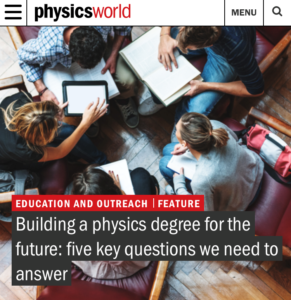
Physics World recently published an article on the “Future of Physics Degrees”. This joint SEPnet/WRIPA paper discusses the findings gathered through webinars across the Higher Education sector identifying five key questions that need to be answered when building a physics degree for the future.
Veronica Benson, Andrew Mizumori Hirst and William Wakeham explain why physics degrees need to be revamped so that physicists can better tackle these vital issues. Read the full article here.
Neurodiversity Training Workshop
December 6th University of Surrey.
Employability Advisors and academics from across the SEPnet consortium meet to discuss and identify barriers and enablers in accessing the SEPnet summer placement scheme for all students, irrespective of background and neurological personalities. This training was facilitated by AbiltyNet and will provide the basis for further employer, student and advisor training.
SEPnet Expo 2022 celebrates its summer placement students!
89 students showcased their summer placement projects through an exciting and energised face to face Expo event to employers, academic tutors and peers at SEPnet’s 14th Expo on the 23rd November in London.
Students described a range of varied and exciting projects with large and small employers across different industries and research areas including data science, engineering, energy, IT, satellite communication, defence and scientific research.
The event was chaired by Professor Sir William Wakeham and an inspiring keynote address “Why Fusion” was delivered by Dr Chantal Nobs. Chantal studied Physics as an undergraduate at the University of Surrey (MPhys) and went on to study a PhD in experimental nuclear physics at the University of Brighton. Chantal joined UKAEA (Atomic Energy Authority) in 2018 in the Nuclear Technology Group. Her work looks at R&D for novel radiation detectors that can be deployed to challenging environments, the measurement of radioactive materials and the activation of materials for research purposes.
A “Physicists like me” employer panel including representatives from Aquark Technologies, University of Surrey, Framestore, Thales and NPL shared tips and advice with students on career opportunities and skills needed within their fields. They were also brutally honest around tips they would have given to themselves as they embarked on their careers.
The IOP generously provided prizes for the 6 best posters. The winners included:
- Ollie Kemp, University of Portsmouth and his project “Machine Learning Applications for Satellite Earth Observation” with eOsphere
- Emma Piazze, University of Southampton and her project “Working our way to high-precision space situational awareness” with Lumi Space
- Mitchell Broad Queen Mary University London and Project “Numerical simulation of multiplex holograms with rigorous coupled wave theory” with Trulife Optics
- Roberta Vieliute University of Southampton and Dhairya Kataria University of Herts and their project “Assembling the Pristine Relics of our Universe’s Infancy” with the University of Surrey
- Ethan Cooper, University of Herts and project “Cognitive Bias, the Psychology of Recruitment” with MeVitae
- Mark Ludlow, University of Surrey and his project “Interpreting XRF data to read Herculaneum” with STFC RAL
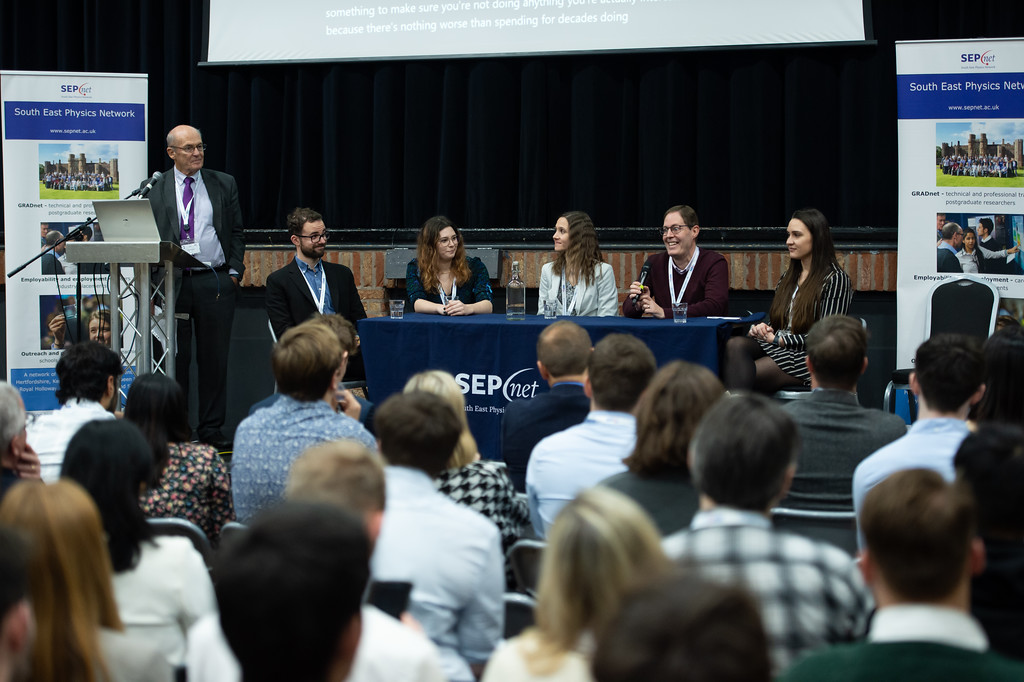
4th Joint SEPnet and WRIPA Workshop
The Future of Physics Teaching
New ways of teaching, assessing and embedding employabilty and equality
Thursday 30 June 2022, Institute of Physics, London.
Recent challenges, including the pandemic and changes within HE, have had a dramatic impact on undergraduate teaching, future skills needs and the world of work.
The IOP’s recent new research on the critical role of physics skills reveals that while they underpin productive industries in every part of the UK, there is still significant unmet demand for these skills which is impacting employers’ ability to grow and innovate.
In this context SEPnet and WRIPA are hosting a one-day workshop to explore how physics teaching and assessment can change to equip students from all backgrounds with skills and knowledge for future labour markets.
We will hear how the IOP will support academics to make changes to their teaching and assessment to encourage innovation and meet new accreditation requirements, We will also share best practice examples, in physics and other disciplines, on how to effectively ebbed curricular employabilty skills and implement equality, diversity and inclusion to ensure under-represented student realise their career potential.
Organised by:
Claire Hepwood, Employer Liaison Director, South East Physics Network (SEPnet) c.hepwood@rhul.ac.uk
Dr Andrew Hirst, WRIPA Manager, Department of Physics, University of York andrew.hirst@york.ac.uk
Beth Medley, Employability and Placement Officer, White Rose Industrial Physics Academy (WRIPA), Department of Physics, University of York beth.medley@york.ac.uk
PROGRAMME
Chaired by Professor Sir William Wakeham
The new IOP accreditation process – more flexibility in curriculum design
How do we get the balance right between employability, skills and academic rigor and encourage innovation while also ensuring compliance with accreditation? Are they two different things?
Robyn Henriegel, Accreditation and Professional Standards Manager, Institute of Physics
More information on the IOP Degree Accreditation Framework
Effective blended and hybrid learning in HE
How do we support staff in adopting inclusive and engaging teaching practices that promote success for all students?
Dr Catherine (Kay) Hack, Principal Adviser (Learning and Teaching) Advance-HE
Learning from Engineering
Can we equip physics students with problem-solving, resilience and teamworking skills through real-world group projects?
How do we avoid siloed learning? Is programme-level teaching or portfolio assessment the answer?
Professor Danielle George, Associate VP and Professor of Radio Frequency Engineering, University of Manchester
How we deliver effective online learning
Can technology be used to replace experimental work in the first two years of a physics degree?
How does online learning design in modular physics teaching enhance the student experience, employability outcomes and close disability gaps?
What impact does tuition and assessment strategy have on outcomes in level 1 / 2 physics modules?
Dr Helen Jane Fraser, Director of Research and Senior Lecturer in Astronomy, School of Physical Sciences, The Open University
How do we assess now?
How have departments modified assessments following the loss of invigilated tests and examinations?
What interventions and new ideas will transform assessment?
Dr Nicolas Labrosse, Senior Lecturer (Physics and Astronomy), University of Glasgow
How to implement a physics-related micro placement module into a physics degree
Focusing on the benefits for both students and employers
Dr Samantha Pugh, Associate Professor in STEM Education, University of Leeds
How can we diversify our physics intake?
• Can data become a barrier to progress?
• Tackling the gender and attainment gap.
Professor Brad Gibson, Head of Department of Physics and Mathematics, University of Hull
Working with businesses to improve the employability of under-represented students in STEM
• How are universities supporting disabled students to find jobs?
• How do we prepare under-represented students for the labour market?
• Engaging students and breaking down barriers
Emily Huns, Head of Careers and Entrepreneurship, University of Sussex

